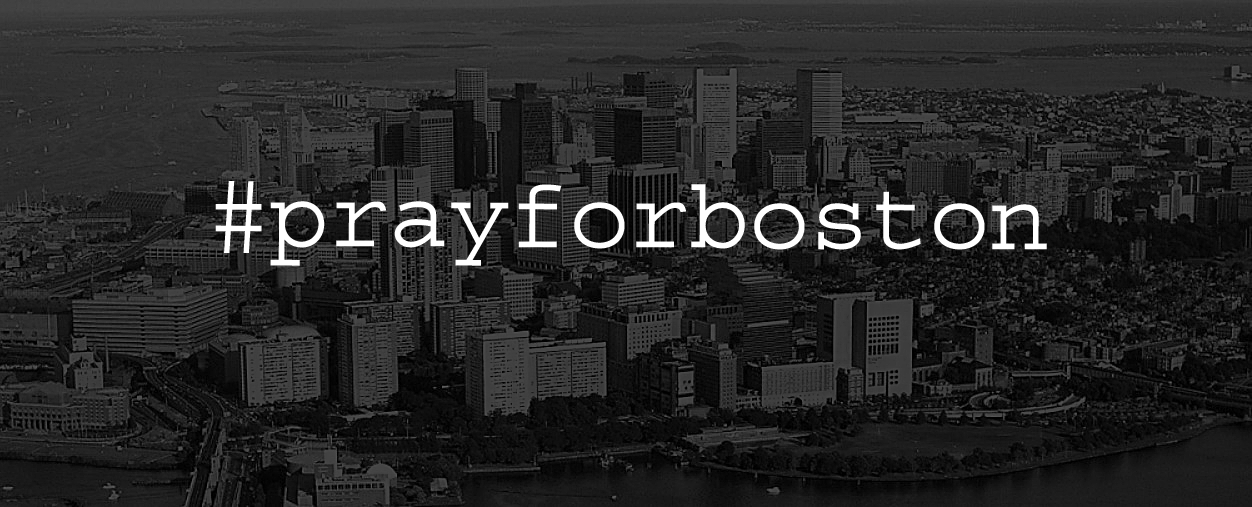Preaching the Week of a National Tragedy

Sam Rainer
Our hearts break for the people of Boston. It’s a tragedy we all feel. Like me, I am assuming you are captivated by the unfolding events of this story. Our church set aside time last Wednesday to pray for churches in Boston. No one questioned why, even though my congregation had no personal connection to the pastors or churches. In silent agreement we all prayed corporately.
Last week I reworked my sermon to address the Gosnell trial. This week I am addressing the Boston bombings. While not every story in the 24-hour news cycle deserves attention in the pulpit, I believe these tragedies warrant the collective attention of my church. Some local tragedies become national tragedies affecting the ethos of an entire nation. It’s rare to address two tragedies in two weeks, but it is important to do so. I believe every pastor in every pulpit should discuss these tragedies. Here’s why.
National tragedies can arouse fear in the people of your community. A gloomy anxiety can cloud a community, even one far removed from the tragedy geographically. My church is in Cookeville, TN, and though our town was not shaken in the same way as Boston, we still felt the horror. Some events simply transcend geography. Don’t let geographic distance be the reason for not preaching about the tragedy in your local pulpit. The tone of leadership helps determine the tone of culture, especially in times of crisis. It’s the same in your church. Your tone in the pulpit will help shape the tone of your congregation.
The people in your congregation need to hear their local pastor’s response to a national tragedy. TV interviews with experts are not enough for your people. The president’s speech (if given) is not the same as the spiritual response of a local pastor. In a time of crisis—national or local—people are hungry for leadership. Ignoring the gravity of something like the Boston bombings only adds to the weight people feel. Most likely, the people in your church this Sunday will expect you to speak to the tragedy. If you neglect the issue in the pulpit, then you risk confusing people. These types of tragedies create a need to dialogue about them. Avoiding the tragedy in the pulpit is tantamount to not giving food to a starving person before sharing the gospel. The distinction is merely one of emotional or physical; either way people are starving for a response.
In our digital age, people need the personal interaction of a local pastor. The instantaneous nature of news means most of your people are expecting a response this week. It’s a cultural expectation. To be culturally relevant pastors must be quick in their responses. Any person can get every detail available about these tragedies. Graphic scenes are accessible to the casual Internet reader. An overabundance of information assaults us through the cable box. We ask for it, and we get every bit and byte in raw form. The mind becomes numb to the never-ending “breaking” news. The best place to unthaw frozen emotions is through the life and work of the local church. This process should obviously happen in small group settings, but it also needs to occur in larger worship settings. What the pastor speaks to in the pulpit validates and reinforces what occurs in small groups. Don’t leave the burden of discussing tragedy to your small group leaders. Guide everyone in your church through a national tragedy by addressing it in your sermon.
Again, not every news story warrants time in your sermon. The evil of Gosnell and the evil of the Boston bombings, however, must be addressed. As a leader, you are a part of the healing process. It’s a critical function of spiritual leadership. The power of the pulpit must be used to demonstrate how what fallen people mean for evil God can use for good.






